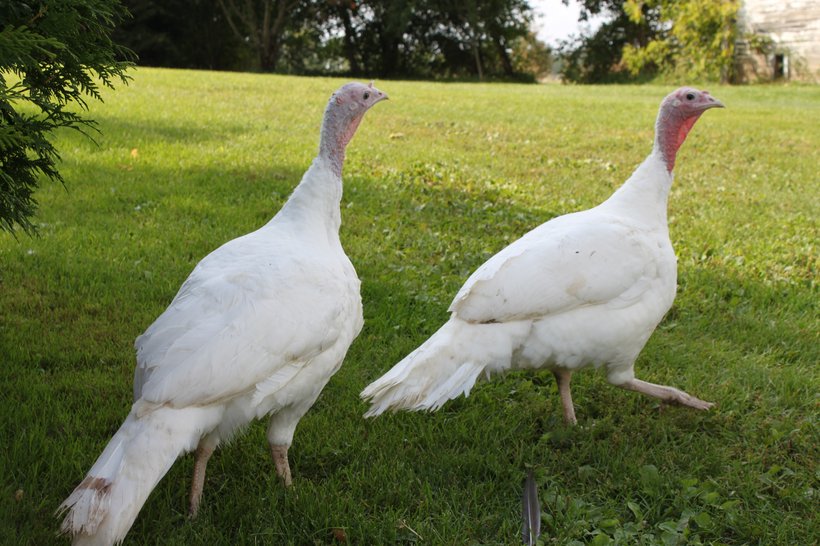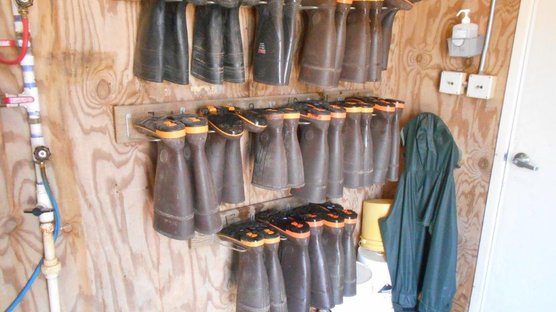
Published on May 19, 2020
Ask an Expert: How to prevent blackhead in outdoor production
Welcome to Ask an Expert, our article series where we answer questions submitted by you. This month, Phil asked how to prevent blackhead in outdoor production systems.
Is anything being developed to prevent blackhead in outdoor birds? Or what can I do to prevent it?
Blackhead is a parasite (protozoa) that cannot survive long outside a host (a turkey for example) unless protected inside an earthworm or eggs from a cecal worm, called heterakis. Spread of Blackhead is possible via the following:
- Ingestion of blackhead infected earthworm
- Ingestion of blackhead infected cecal worm eggs (heterakis)
- Contact with a mechanical vector carrying the infected cecal worm eggs, such as flies, grasshoppers, sow
- bugs, crickets, pest, and wild or domesticated animals
- Contact with chickens, or game birds (eg. pheasants or partridges) who can be a carrier of blackhead even without clinical symptoms
There are no new products being developed to prevent blackhead in outdoor flocks. Control measures focus on prevention and are aimed at averting direct contact with both cecal and earthworms infected by blackhead.
Earthworms will surface after rainy weather, and an outbreak might occur. Therefore, it is recommended having a good system for drainage to keep the outdoor area as dry as possible.
Additional prevention management tips include a close focu on insects and pests.
Insect and Pest control
- Create a line of separation around the area where your birds go outdoors, versus the rest of the farm that can include:
- Use of a fence to block off the area
- A gravel strip around the fencing
- Keep grass around the area well cut
- Lime: may help with control, but not prevention
- Heating: use of a tractor-drawn unit containing multiple heat jets which heats the soil to very high temperatures
- Maintain good gut health, like through control of coccidiosis
- Medication: Deworming medications, such as Fenbendazole, have historically been used to prevent blackhead with different levels of success. Deworming is an important tool to avoid the spread of Heterakis, but will not guarantee the flock from contamination.
Often, we see growers try techniques like range rotation; however, we find this is not practical as a solution, due to the long life/robustness of infectious eggs.
If you get to a point where you are beyond prevention and require treatment options, you can consider Paromomycin. In Canada it is possible to get access to Paromomycin by applying for an Emergency Drug Release. However, early treatment with this drug is key, and the time required to get access to the drug is lengthy which unfortunately reduces the effectiveness of this treatment.
Submit a question
To ask a question of our experts, click the button below.


